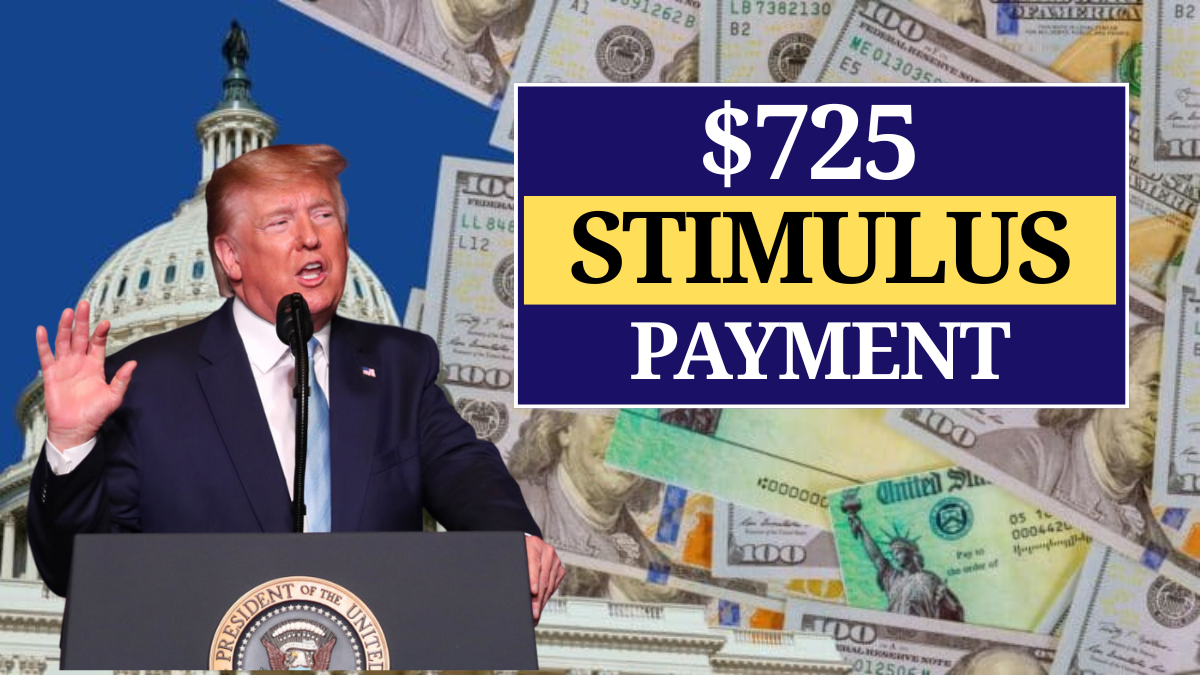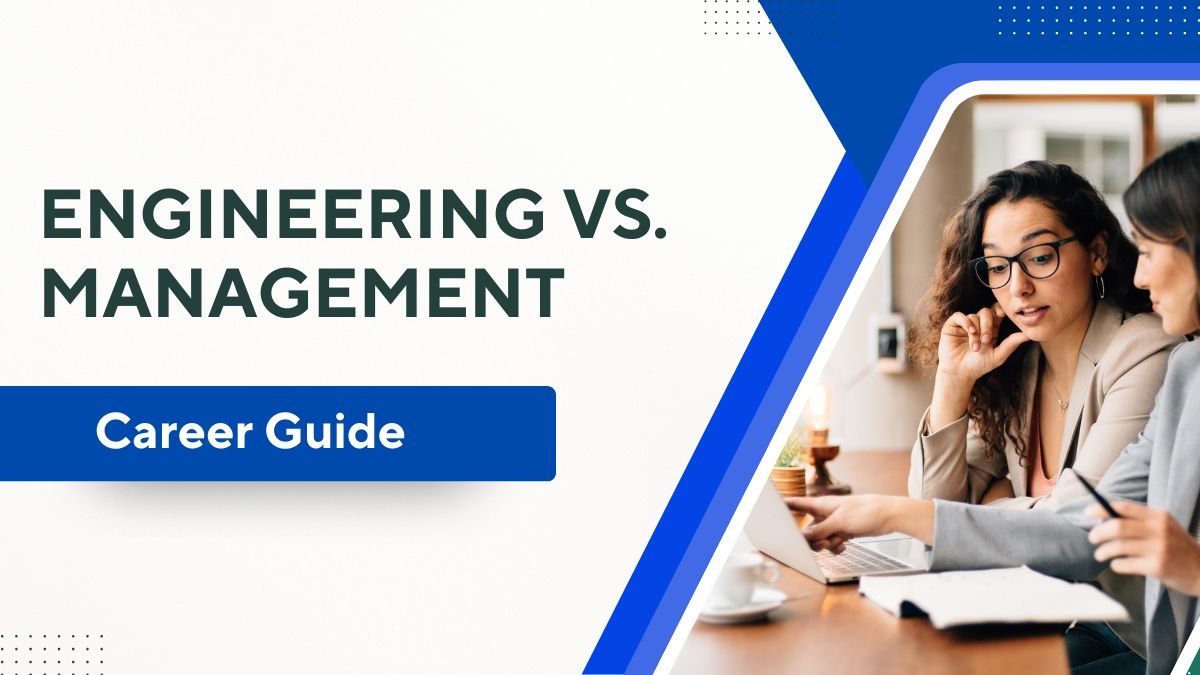Is there going to be a big change in the UK tax system? Know what is the proposal of ₹ 45,000 personal allowance
The discussion about the tax system in Britain has once again intensified. This time the issue of debate is – Personal Allowance. This is the same income limit, below which a person does not have to pay income tax. At present, this limit is £ 12,570. But now a proposal has come to increase it directly to £ 45,000.
While this proposal is giving hope of relief to the common people, it can also create economic challenges for the government. Let us understand in simple words what this proposal is, why it is being brought and who can benefit or lose from it.
What is personal allowance?
Personal allowance means your annual income on which you do not have to pay any income tax. That is, if your annual income is within this limit, then you are completely exempt from tax.
Currently (in 2025), this limit is – £12,570
Current tax slab:
| Income limit | Tax rate |
|---|---|
| Up to £12,570 | 0% (no tax) |
| £12,571 to £50,270 | 20% (basic tax) |
| £50,271 to £125,140 | 40% |
| Above £125,140 | 45% |
Now the proposal is to increase the personal allowance directly to £45,000. That is, no one will have to pay any tax on earnings up to £45,000. This will directly benefit crores of people.
Why is this proposal being brought?
Inflation has been increasing in Britain for many years, but the salary of common people has not increased that much. Result – common people are getting crushed between the burden of tax and daily expenses.
Main reasons:
- Electricity and gas bills have increased a lot
- Rent and property prices are skyrocketing
- Medical expenses and medicine prices have increased
- The salary of common people has remained almost stagnant for years
That is why it is being said that the limit of £12,570 is now outdated and it is necessary to update it.
What will be the benefit of the limit of £45,000?
If this proposal is implemented, then these big benefits will come out:
- Common man will save more income:
If your annual income is £30,000, then you will no longer be taxed. That is, you will directly benefit from 100 to 150 pounds in your monthly salary. - Expenditure in the market will increase:
When people have more money, they will shop – be it clothes, household items or travel. This will revive the country’s economy. - Pressure on welfare schemes will be reduced:
When the income of common people improves, they will depend less on government assistance. This will also provide relief in government expenditure. - Fairness in the tax system:
Big corporates often save taxes legally. But common people who depend on salary cannot avoid tax. In such a situation, this decision can make the tax system balanced.
Can there be any disadvantages?
Every good change also has some challenges. The biggest concern in this proposal is – reduction in government revenue.
Tax revenue may decrease:
Income tax is the biggest source of income for the government. If millions of people stop paying taxes, then where will the government get money from?
Impact on public service:
NHS (hospital system), schools, roads, pensions – everything runs on the money received from taxes. If the money decreases, then these services may be affected.
Inflation may increase:
When people have more money, demand will increase. The effect of this may be that the prices of goods and services may increase further.
Will this proposal be passed?
It is not yet decided. But public support is increasing rapidly. Many MPs and policy makers are considering it. But there are some challenges:
- How will the budget deficit be met?
- Will this step be sustainable?
- Will it remain only an election promise?
All these questions will be answered in the coming times.
Will it be beneficial for everyone?
Yes, it will be a relief for most people. In particular:
- Those earning less than £45,000 will now be tax-free
- High-income earners will also benefit – as their first £45,000 of income will be tax-free
- Self-employed people will find it easier to plan their taxes
FAQs – common questions and answers
Q: What is the personal allowance now?
A: £12,570 (as of 2025)
Q: If the allowance becomes £45,000, will there be no tax to be paid?
A: There will be no tax on income up to £45,000, but income above that will be taxed.
Q: Will the government’s revenue decrease?
A: Yes, it will in the beginning. But experts believe that in the long term, expenses may be less and income may be more.
Q: Will this change come into effect in 2025?
A: It is only a proposal right now, there is no official confirmation.
Conclusion – Relief for common people or burden on the budget?
The proposal to increase the personal allowance to £45,000 is a ray of hope for the people. It will not only make the tax system more fair, but can also make the lives of common people easier.
But this will be a difficult decision for the government – because it will have to re-create the revenue system. Now it remains to be seen whether this proposal becomes a law or remains limited to discussion only.

Bryan is a thoughtful writer who enjoys creating simple and useful content to help readers make informed decisions. His writing is focused on clarity, support, and real-life guidance.












